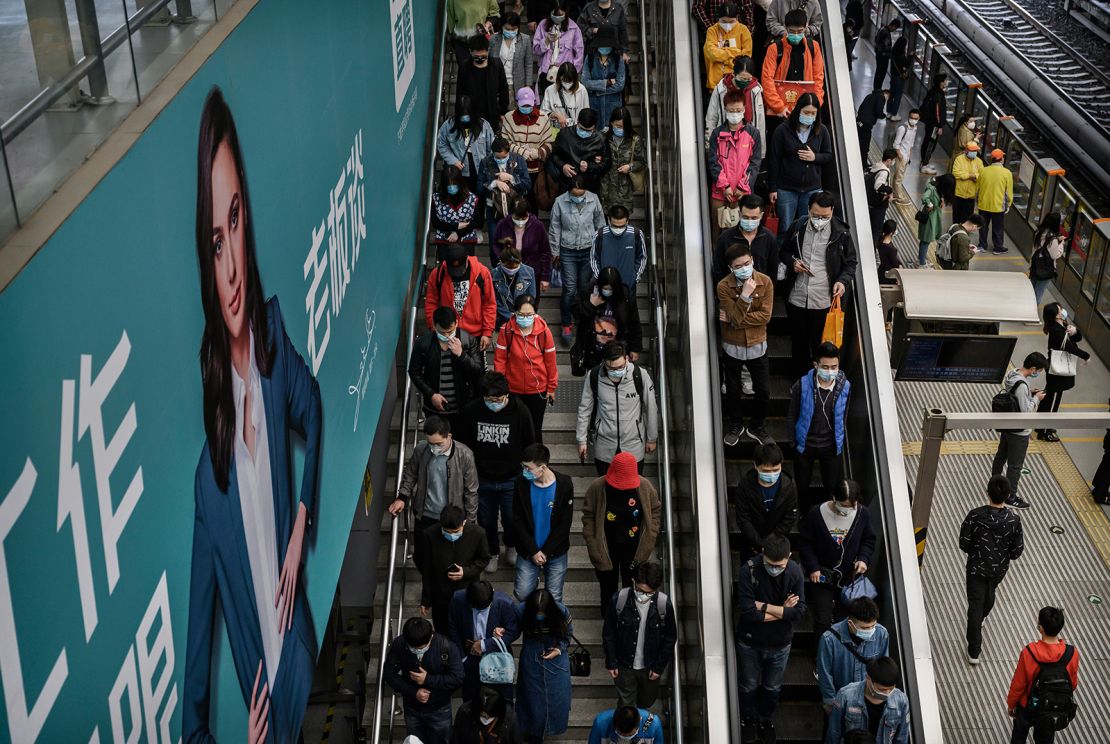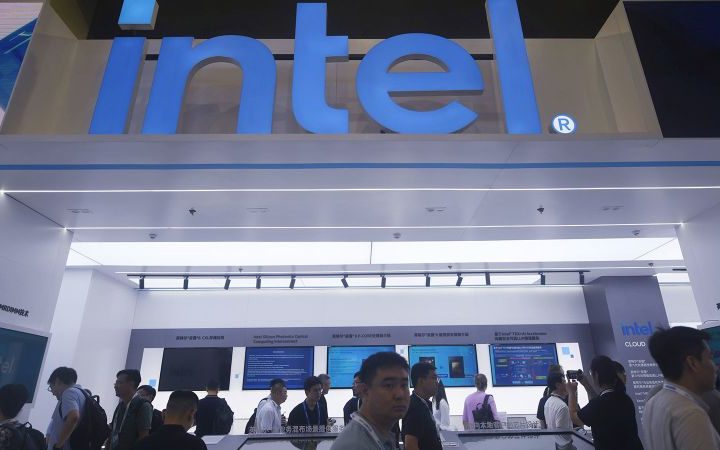Editor’s Note: Sign up for CNN’s Meanwhile in China newsletter which explores what you need to know about the country’s rise and how it impacts the world.
Xiaotu was looking for a soulmate but the typical routes of meeting people on campus or swiping online dating apps just weren’t cutting it for him.
Instead, the 23-year-old decided to go big: paying 999 yuan (about $140) to place a personal advertisement on a gigantic 6.5 by 1.7 meter (21 by 5.5 feet) electronic billboard at his local subway station in China’s southern metropolis of Guangzhou.
The ad, which went up in May, showed a smiling Xiaotu in his best suit alongside a message and giant QR code that urged interested passengers to add the photography-loving Gen Z college graduate, star sign Libra, as a contact on social media platform WeChat.
During the ad’s five-day run, about 200 new friends added him on the app, said Xiaotu, who asked to go by a nickname to share personal details.
He is one of a wave of people taking out ads on subways in major cities across China, as the metro systems’ owners – mainly local governments – seek extra income while grappling with high debt and falling revenues.
In Guangzhou, where nearly half of the city’s 19 million population rides the subway each day, dozens of personalized ads have appeared in metro stations in recent months, showing everything from dating profiles to job-seeking notices, anniversary posters and birthday wishes.
Tech worker Li Linyu, 30, said placing an ad on the Guangzhou metro was a fun way to surprise her husband on his birthday.
Her self-designed ad showed several photos of her husband surrounded by cartoon graphics including a cake and crown, with a colorful banner proclaiming: “Happy birthday!”
In a memorable moment for the couple, Li filmed her husband’s surprised reaction when he saw his face on the giant LED screen in a packed metro station.
“He was completely stunned,” Li said. “He had never thought he could appear on a subway billboard – it was completely beyond belief.”
The ads have gone viral on Chinese social media, with commenters calling the service “a joy to watch” that relieves the grind of the daily commute and offers a chance to “zoom in to ordinary people’s lives.”
Alongside Guangzhou, cities including Beijing, Chengdu and Hefei have also launched personal ad programs, according to The Paper, a state-linked news outlet.
The schemes, which began this year, come as local governments tighten their budgets in the face of high debts and slashed budgets due to a nationwide property sector crisis – with signs of impact on China’s largely government-funded subway operators.

China’s robust growth, one of the fastest sustained expansions for a major economy in history, was propelled for decades by a housing boom fueled by a rising population and urbanization.
But the all-important property market, which has accounted for as much as 30% of the economy, fell into crisis three years ago after a government-led clampdown on developers’ borrowing – with the downturn posing a major threat to China’s growth prospects in the medium term.
In Guangzhou, the ad program comes after a slump of 958 million yuan (about $134 million) in local government subsidies to the city’s subway in 2023 from the previous year, according to the operator’s annual report.
The subway saw a 20% monthly revenue increase after launching the personalized ad program, state-linked media outlet Workers’ Daily reported last month, citing an official with the operator. The subway charges 380 yuan (about $50) to 999 yuan per ad for a five-day display.
CNN was unable to reach the city’s subway operator for comment.
Other cities’ subways have rolled out cost-cutting measures. Last year, a Beijing subway line switched to energy-saving lighting to save electricity, according to state-run Beijing Daily, while eastern tech hub Hangzhou shortened the operating hours of escalators in subways earlier this year, according to state-run tabloid Global Times.
Although it’s unclear how much Guangzhou and other subways may earn from selling personal ads in the long term, it’s apparent that some riders already see the rewards.
Xiaotu told CNN he’s been on a few dates with metro passengers who responded to his ad, but he’s still searching for his soulmate.
He also recalled the “magical feeling” of seeing his profile displayed in the station – especially when he was recognized by people riding alongside him.
“I felt like a celebrity,” he said.
Read the full article here







